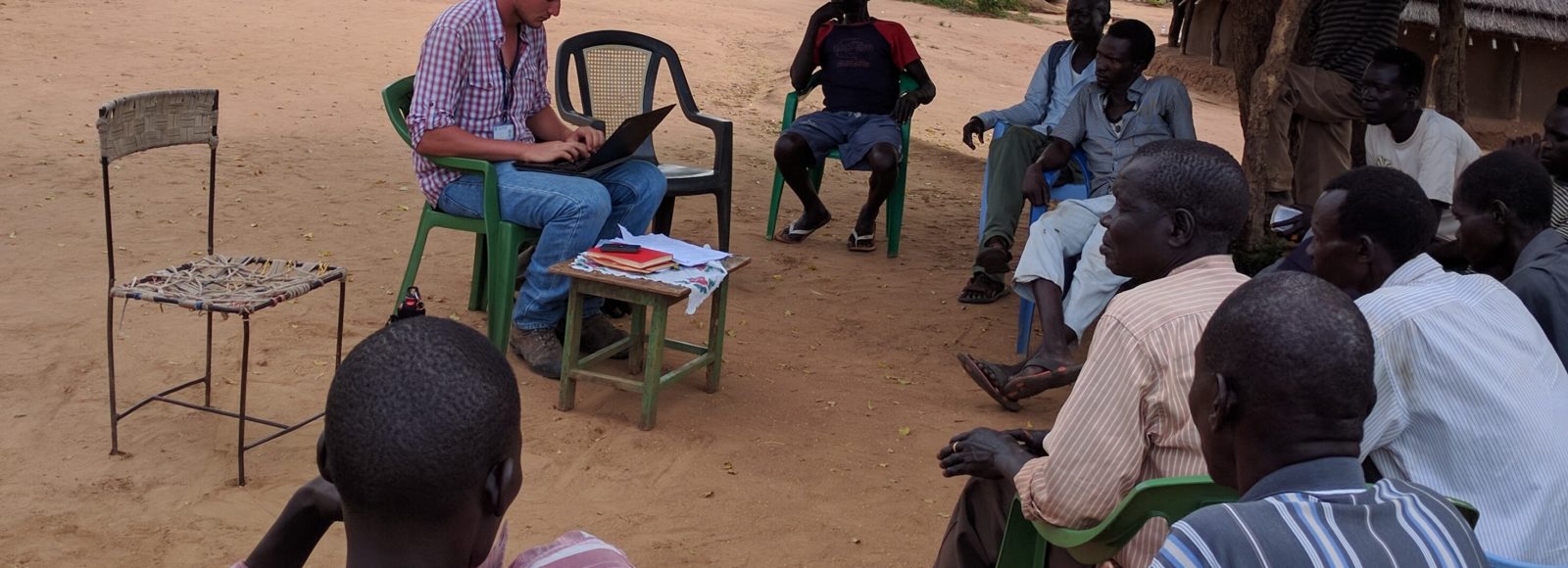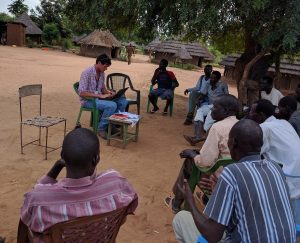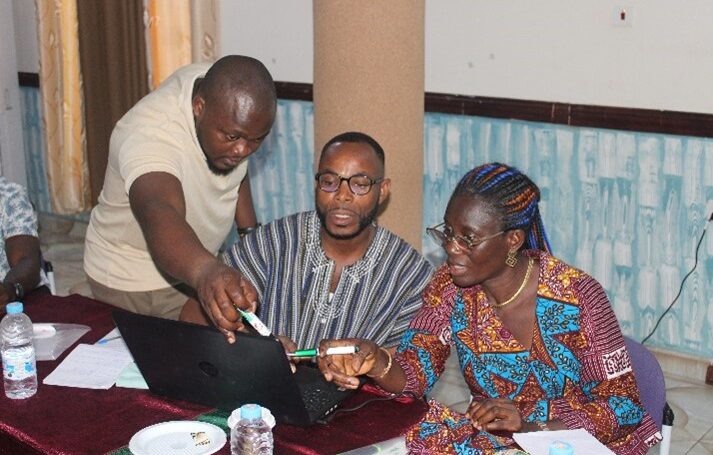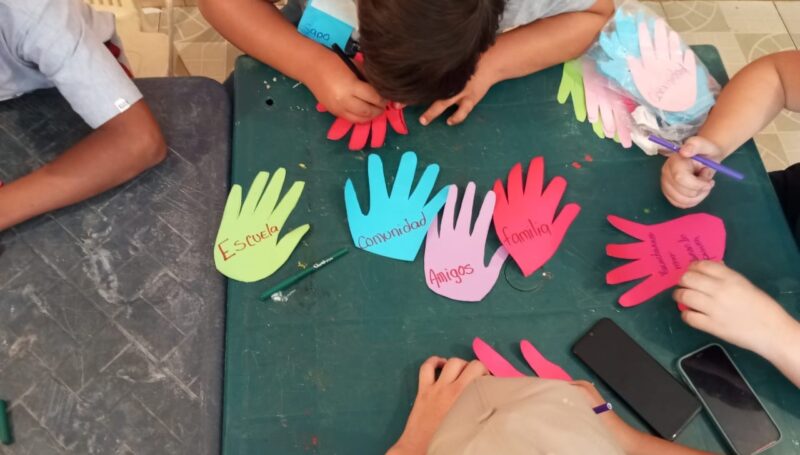Since early July, fighting across Greater Equatoria has displaced hundreds of thousands, disrupted market activity, and denied humanitarian services to people in need. Due to the fluid nature of the conflict, humanitarian access has become a major problem, and, as of October 2016, Torit in Eastern Equatoria is the only major town with a substantial humanitarian presence. Insecurity has made road travel outside of town dangerous, and humanitarians are unable safely access surrounding rural areas. It is unclear how many of the 710,000 pre-crisis population is still in the area, as well as their humanitarian needs, current living conditions, or future intentions.
To fill this gap, between the 9th and 13th of October, REACH conducted a rapid assessment of Torit Town. Newly arrived IDPs from all five of the surrounding conflict-affected counties were identified and interviewed on their displacement, future intentions, and the current conditions faced by those still living in the places that they had just left. In total, six Focus Group Discussions involving 84 participants and 170 Key Informants interviews covering 154 different settlements were conducted.
REACH found that most host communities (over 420,000 people) and IDPs (over 153,000 people) in the Greater Torit area have been affected by the conflict, many of whom have sought shelter and safety in remote mountain villages. These remote areas are protected from conflict and violence, but lack access to basic supplies such as clean water, latrines, healthcare and food; most people here are forced to drink what water they can find, and forage for wild food as a coping mechanism.
Moreover, deteriorating security conditions, poor access to WASH, shelter and health services and cuts in food supplies in Torit Town have led most IDPs to leave. Those few remaining IDPs and Host Community members expressed a desire to go to Kenya, but due to the high cost of the journey to Kenya (as much as 1000 SSP, several months’ wages) they are trapped in the city without food, or are alternatively taking the dangerous foot-journey to Uganda.
Immediate humanitarian assistance is thereby a key priority within Torit Town and in the Greater Torit area, with a particular focus on food supplies. In parallel, humanitarian organisations should prepare for a large influx into neighbouring countries (Kenya and Uganda), and plan an adequate response to support these extremely vulnerable populations and ensure their protection throughout their journey.









